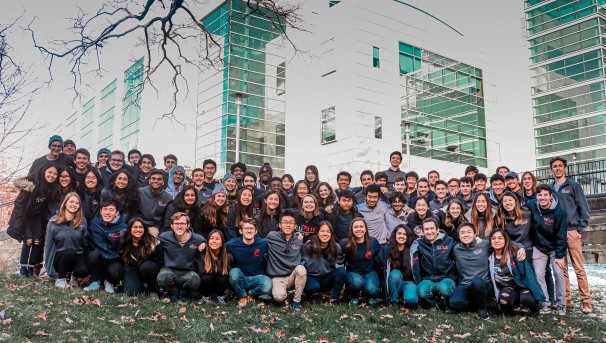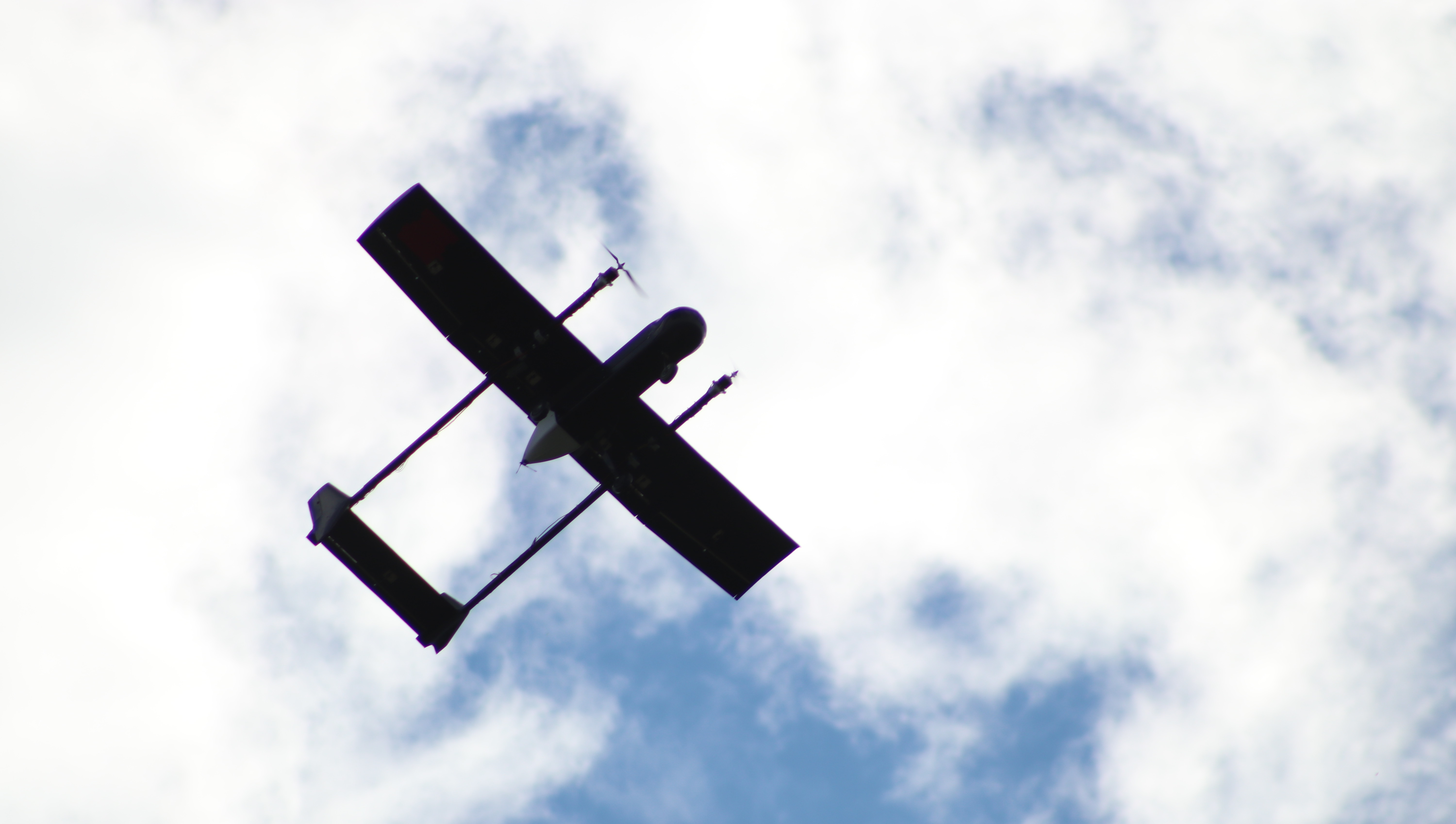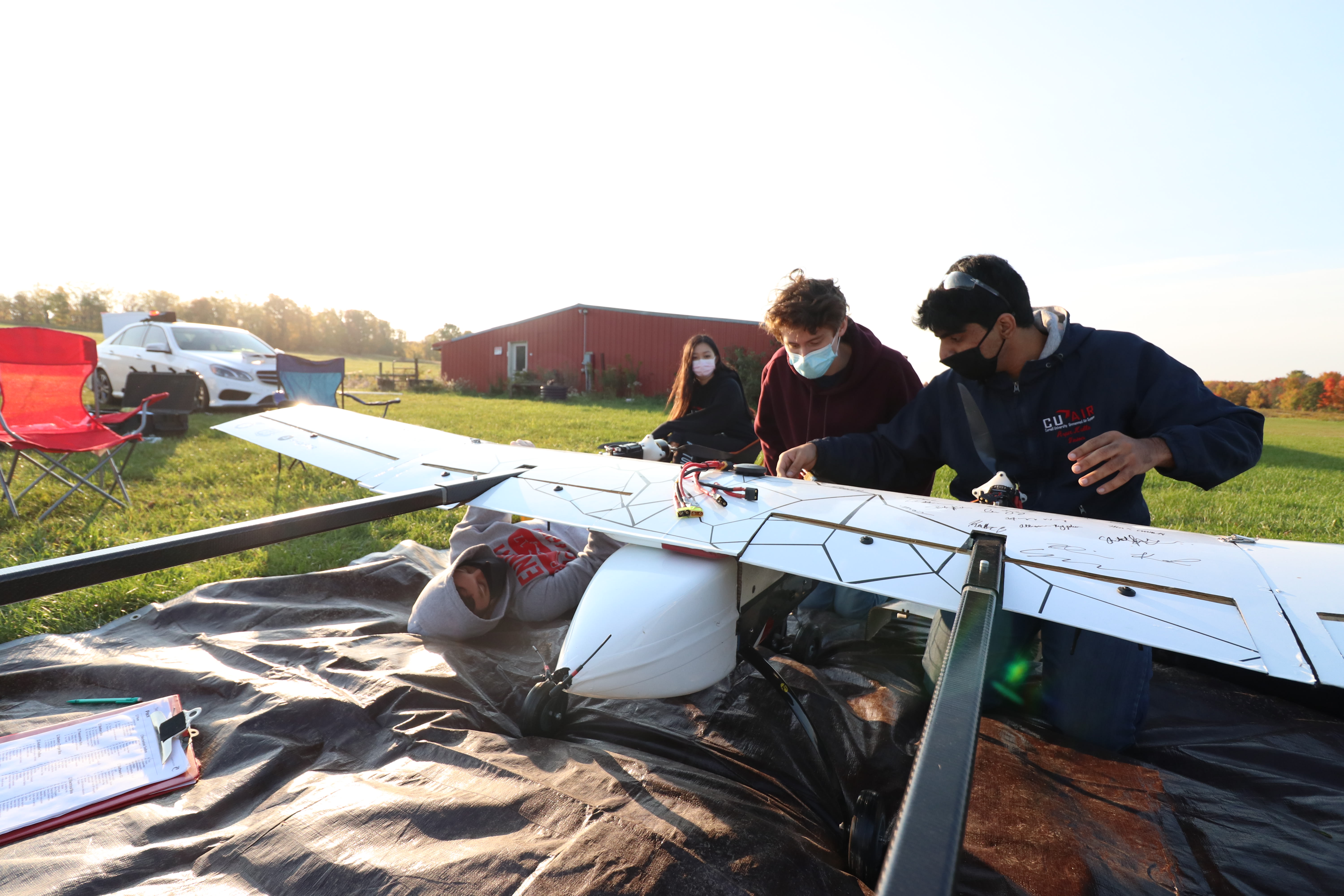This project is now in update mode. Check back regularly to see how things are progressing.
CUAir
WHO WE ARE
CUAir (Cornell University Unmanned Air Systems) is an interdisciplinary project team combining aspects of Computer Science, Electrical Engineering, and Mechanical and Aerospace Engineering. Our goal is to design, build, and test an unmanned autonomous aircraft capable of autonomous takeoff/landing, waypoint navigation, and surveillance/reconnaissance. Some research topics include airframe design, propulsion systems, wireless communications, image processing, and target recognition.
HOW YOU CAN HELP
As a team, we aim to build our largest, fastest, and most efficient system to date. This is great news for our team as we have our hopes set high for this year's competition, but it does require more resources than in past years—especially with the ongoing pandemic.
As a result, we are heavily reliant on generous external support. Your donation would go towards new materials for our plane such as carbon fiber, fiberglass, motors, batteries, and help fly our members out to competition. We hope to compete in other competitions such as the UAV Challenge in Australia, UAS Challenge in England, and more. Participating may require multiple versions of our system and additional travel expenses which can only be done with additional funds!
OUR TEAM
We are a team of eight sub-teams made up of undergraduate students majoring in a variety of fields such as Computer Science, Mechanical Engineering, Electrical and Computer Engineering, Material Sciences, Math, and many more!
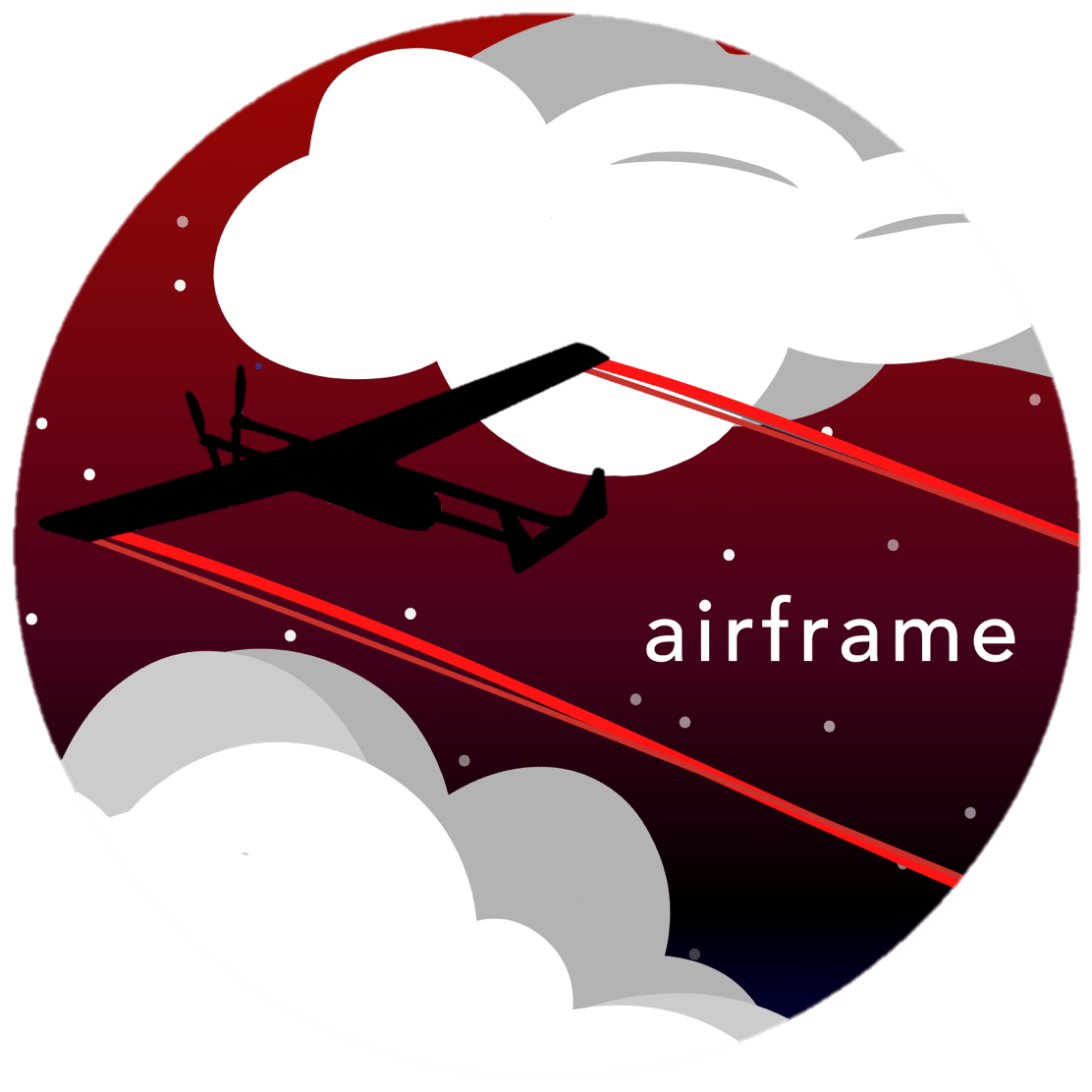
AIRFRAME
Responsible for all the aerodynamic components of the plane, such as the wings, tail, and fuselage. Uses rapid prototyping technology and composite materials in order to create a robust and efficient airplane that excels at all required tasks.
GROUND SYSTEMS
Creates support systems that are used for flight support and ground testing. Takes on projects such as the antenna tracker, testing trailer, and CG stand. The team uses many different manufacturing techniques to build their systems, and designs their subsystems with a focus on human-centered design.
STRUCTURES & PAYLOADS
Develops the internal mechatronic components of the aerial system. Iteratively develops the unmanned ground vehicle (UGV), camera gimbal, air delivery, landing gear, and aerial testing platform. Relies on Computer Aided Design, Model Based Design, human-centered thinking, and manufacturing to build these systems.

AUTOPILOT
Responsible for ensuring that the aircraft can perform all necessary maneuvers to fulfill the mission requirements. Implements the software for autonomous flight, autopilot ground station, and path planning algorithms.
INTELLIGENT SYSTEMS
Responsible for automatically detecting and identifying targets from images captured by the plane during flight and developing algorithms for path planning and obstacle avoidance. Implements algorithms to accurately detect and localize targets and tag attributes such as color, shape, and alphanumeric.
PLATFORM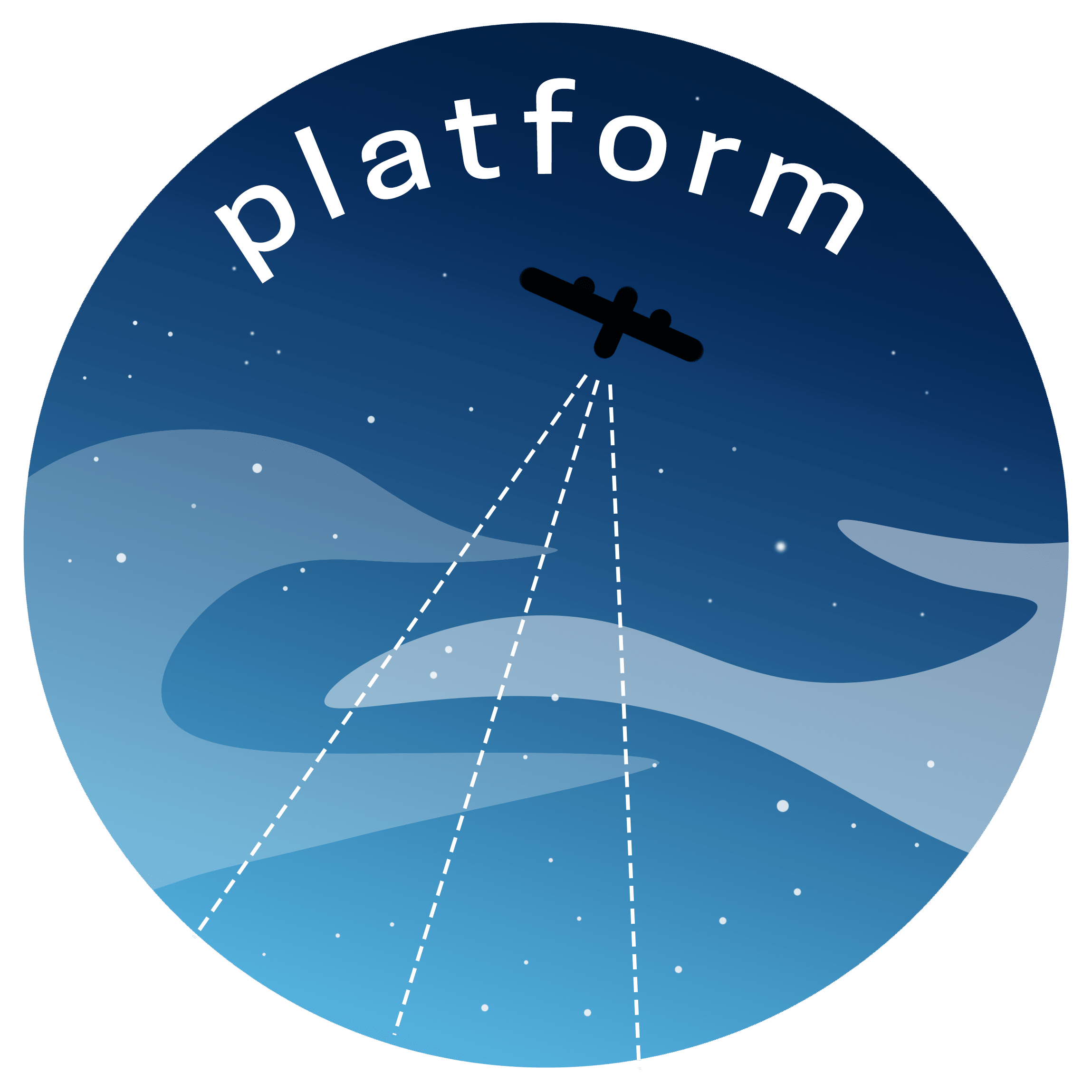
Designs and implements the software infrastructure on the plane's onboard computer and the ground server. Works on non-flight critical systems such as the camera, gimbal, and airdrop as well as image transfer and the engineering of MDLC.
ELECTRICAL
Handles the electrical hardware both in the aircraft and on the ground. Works on the electronics firmware, avionics, power distribution board, camera gimbal and airdrop controller, ground station antenna tracker, and communications system between the ground and the plan.
DESIGN & OPERATIONS
Work at the intersection of technology, design, and business. Major projects include the team's annual flight readiness review, technical journal paper, and website. Primarily focuses on graphic design and videography, front-end development, marketing and branding, sponsor relations, and outreach events.
$20
Epoxy
$20 will help contribute to the purchase of epoxy, and other construction materials to build our plane.
$100
Carbon Fiber
$100 provides funds to purchase carbon fiber material to construct our final plane.
$500
Propulsion
$500 covers the cost of half of the required batteries for our propulsion system.
$1,000
Flight
$1000 will help provide transportation for a student to the Maryland AUVSI Competition.
$2,000
Landing
$2,000 will help provide transportation and housing for a student to the Australia UAV Competition.

